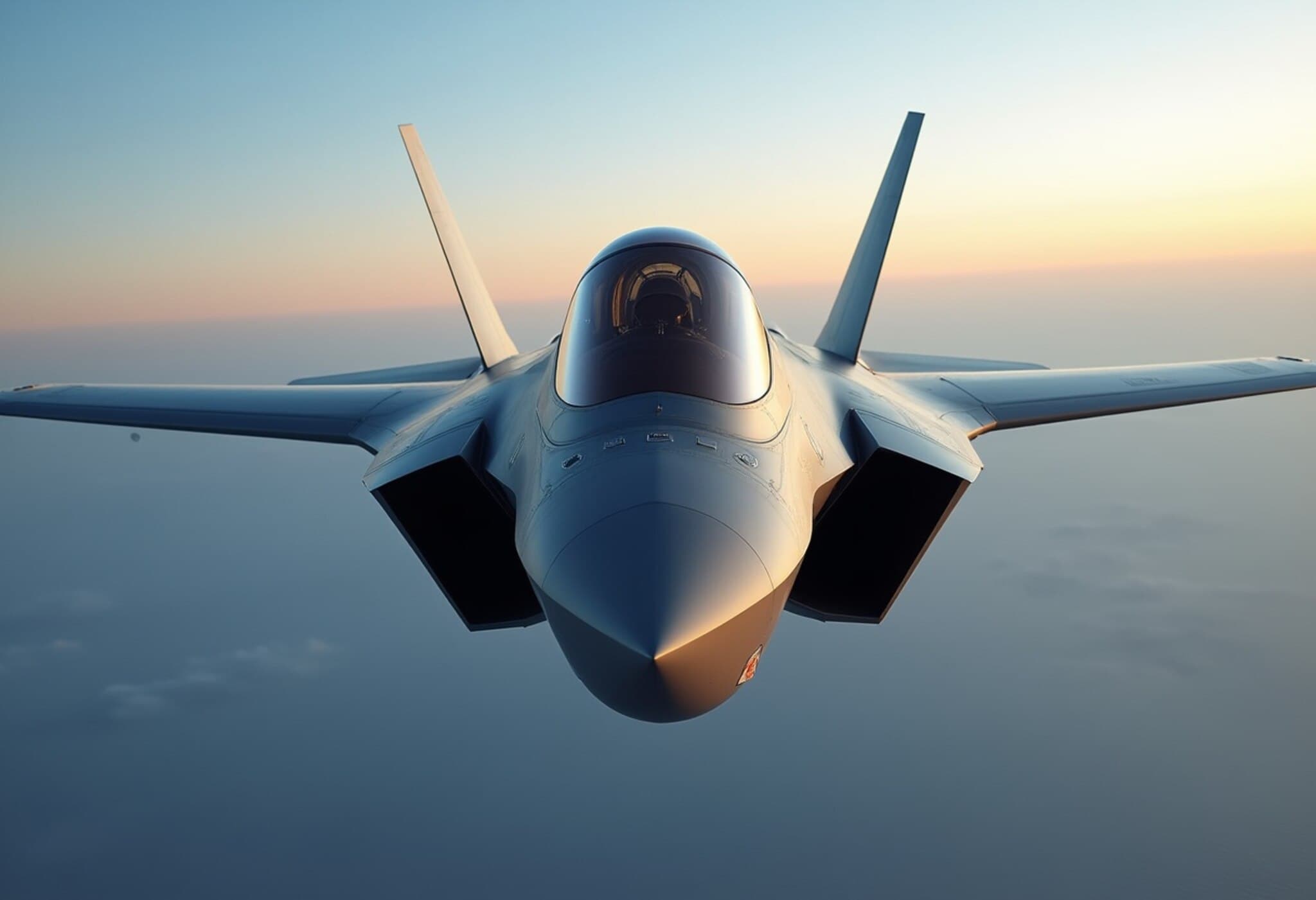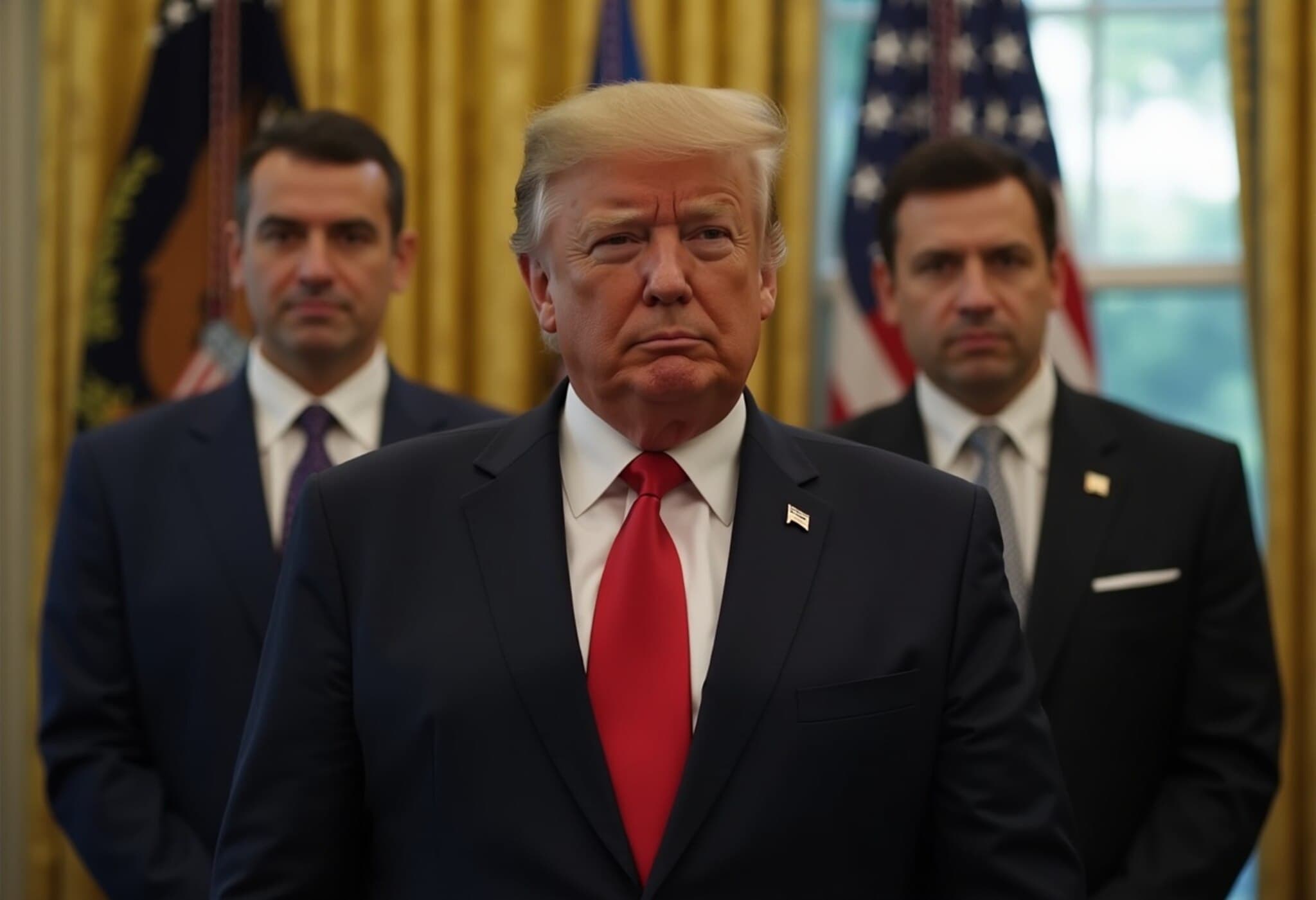Germany’s Quest for Military Supremacy in Europe
German Chancellor Friedrich Merz has set an ambitious goal: to transform Germany into the military powerhouse of Europe by 2031. This vision includes a substantial €500 billion investment earmarked for military modernization, rearmament, and infrastructure enhancements. Yet, despite this sizeable financial commitment and political resolve, Germany faces a formidable obstacle — the global dominance of China in the rare earth minerals market.
Understanding the Critical Role of Rare Earth Minerals
Rare earth minerals, despite their name, are not necessarily rare in the earth’s crust. Their rarity lies in the complexity of extraction and refinement because they are usually found intermingled with other minerals. These elements—such as neodymium, praseodymium, yttrium, gadolinium, and cerium—are indispensable components in a wide range of technologies from consumer electronics to cutting-edge military hardware.
China commands approximately 70% of global rare earth mining and about 90% of the rare earth mineral production and processing chain, effectively controlling the supply of these critical materials worldwide. This gives China a potent geopolitical lever, a reality that was laid bare during the trade tensions with the United States, where China’s restrictions on rare earth exports played a strategic role.
Why Rare Earths Are Essential for Modern Militaries
Rare earth minerals are vital not just for everyday electronics but are intrinsic to military systems. For instance:
- The F-35 fighter jet requires between 418 to 920 kilograms of rare earth metals to function optimally. These elements enable essential features such as radar technology, stealth coatings, and advanced sensor systems.
- Germany’s Eurofighter Typhoon similarly depends on multiple rare earth minerals for its avionics, radar systems, actuators, turbine alloys, and sensors.
Beyond fighter jets, rare earths support missile guidance, drone propulsion, thermal sights, and other key components in advanced defense technology.
Broader Strategic Minerals at Risk
The challenge expands beyond rare earths. China controls a significant share — about 50% — of the world’s supply of other critical minerals such as tungsten, graphite, titanium, and high-purity magnesium. These materials are fundamental to manufacturing radars, electric motors, and other high-tech military components.
European Union’s Strategic Vulnerability
The European Union imports up to 95% of its strategic raw materials, relying heavily on non-EU countries, with China at the top. This dependency creates a strategic vulnerability that risks hampering not only Germany’s rearmament efforts but also the broader EU defense initiatives.
Jakob Kullik, a rare earth policy specialist at Chemnitz University of Technology, emphasizes: “If China were to halt supplies, Germany’s ambitious defense industrial plans could come to a standstill.”
Expert Insight: Navigating the China Challenge
This predicament raises urgent questions about Europe’s supply chain resilience and strategic autonomy. Policymakers must explore diversified supply chains, invest in rare earth mining and refining within Europe or allied countries, and accelerate research into alternative materials and technologies.
From a US policy perspective, there is potential for transatlantic cooperation to jointly counterbalance China’s market dominance, safeguard critical supply lines, and jointly invest in sustainable mining technologies.
Looking Ahead: The Costs of Dependence
Germany’s military upgrade is emblematic of a broader challenge facing technologically advanced nations: the tension between cutting-edge defense ambitions and raw material realities. The modern battlefield is as much about securing supply chains as it is about strategies and weaponry.
With China’s rare earth leverage long-established, the path forward requires nuanced diplomatic engagement, strategic resource planning, and sustained innovation—the backbone for a resilient, sovereign defense posture.
Editor’s Note
Germany’s drive to bolster its military strength lays bare the underreported yet critical geopolitical tussle over rare earth minerals. As the backbone of modern technology and defense, these materials shape national security far beyond the battlefield. This story invites readers to reflect on how global supply chain dependencies weave into geopolitics and what that means for future defense policies—not just for Germany or Europe, but globally. Are we prepared for the new era where mineral politics define power? The answers will shape the strategic landscape of the 21st century.












